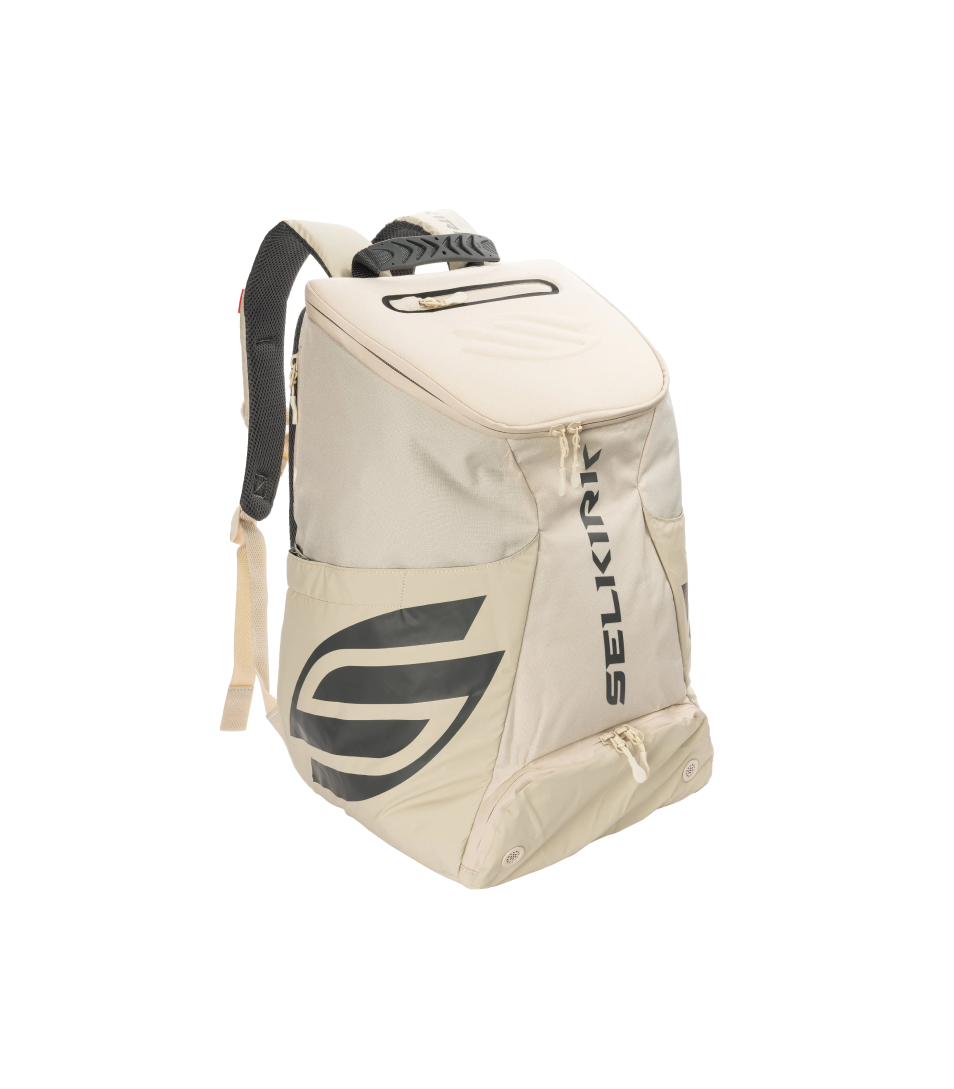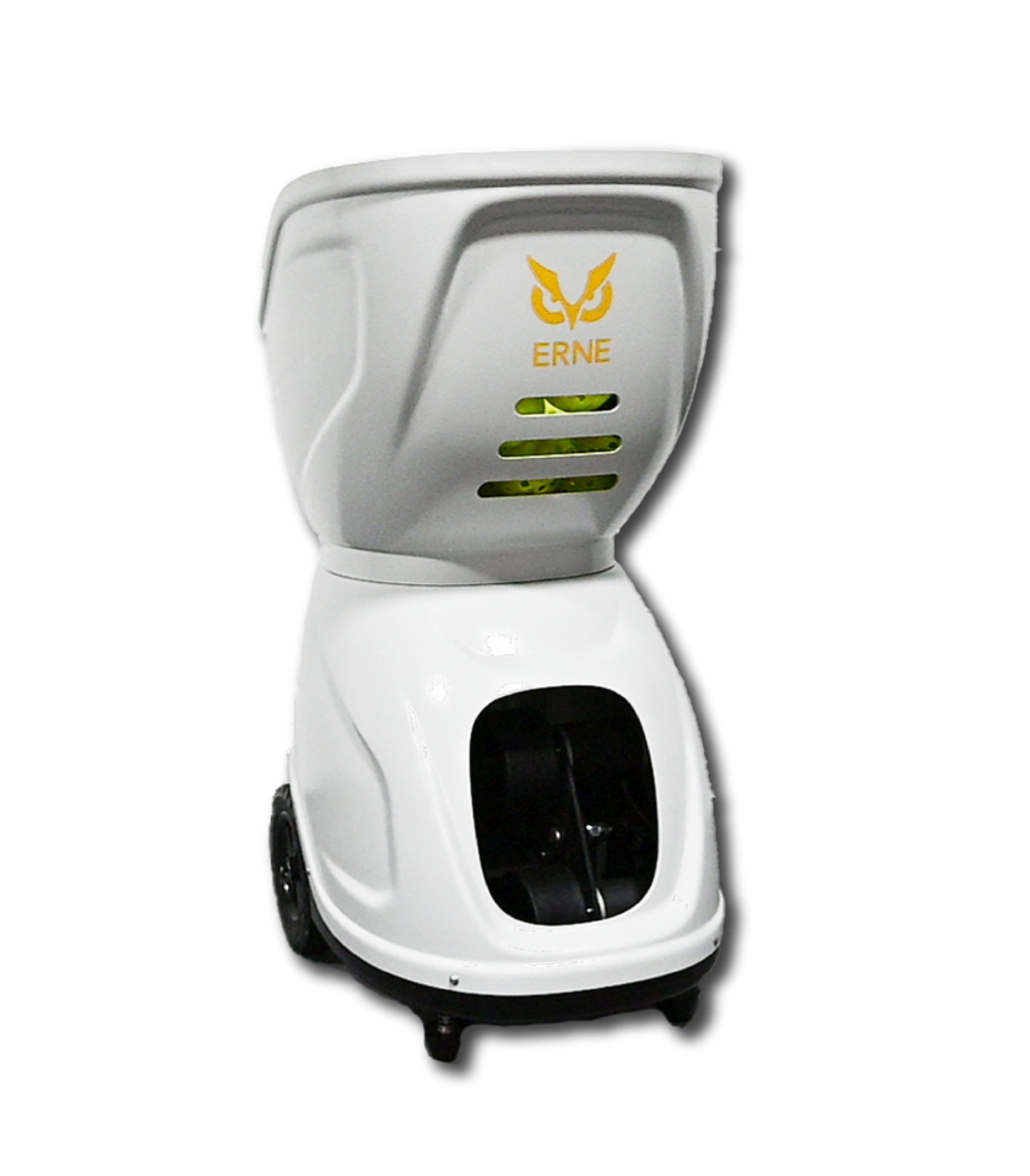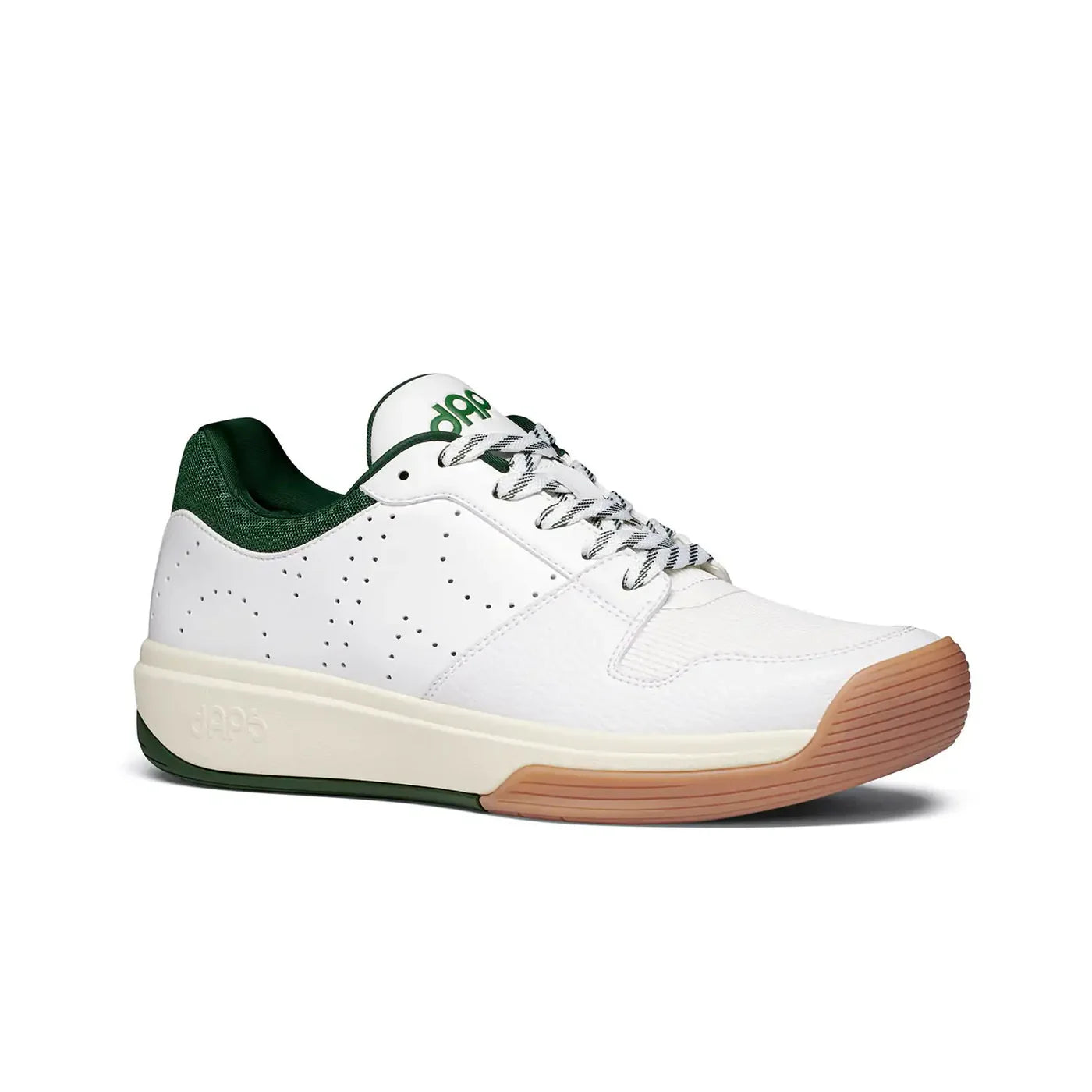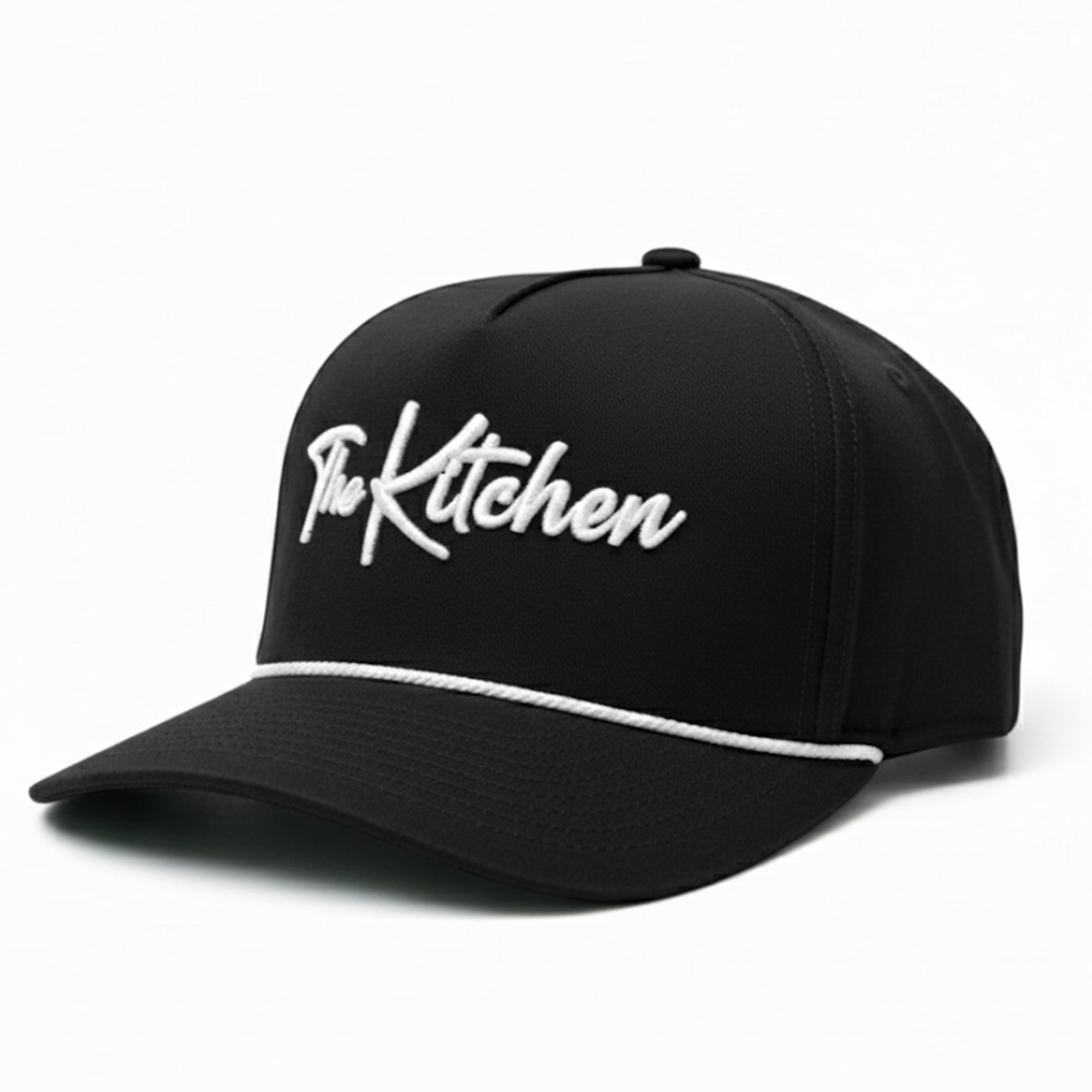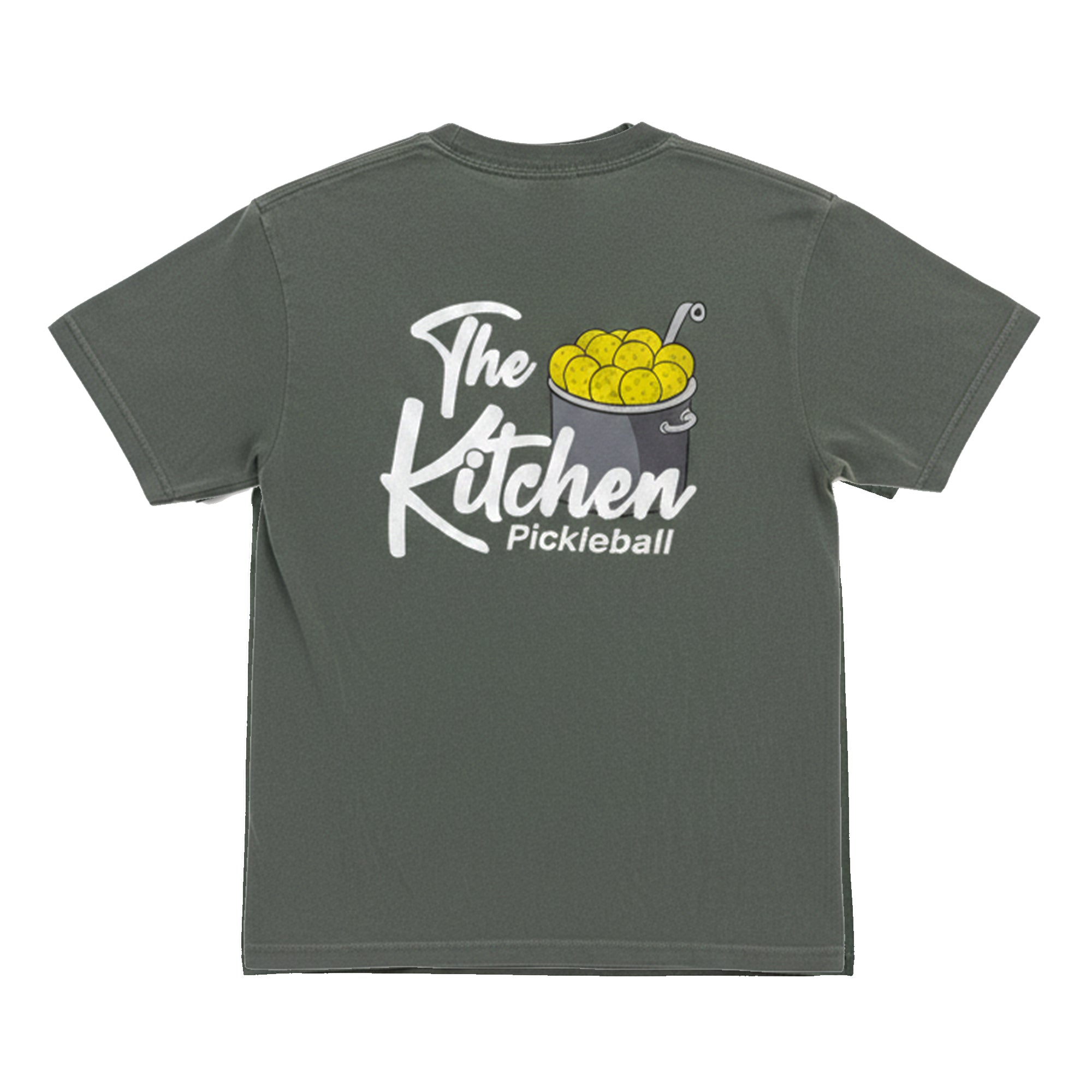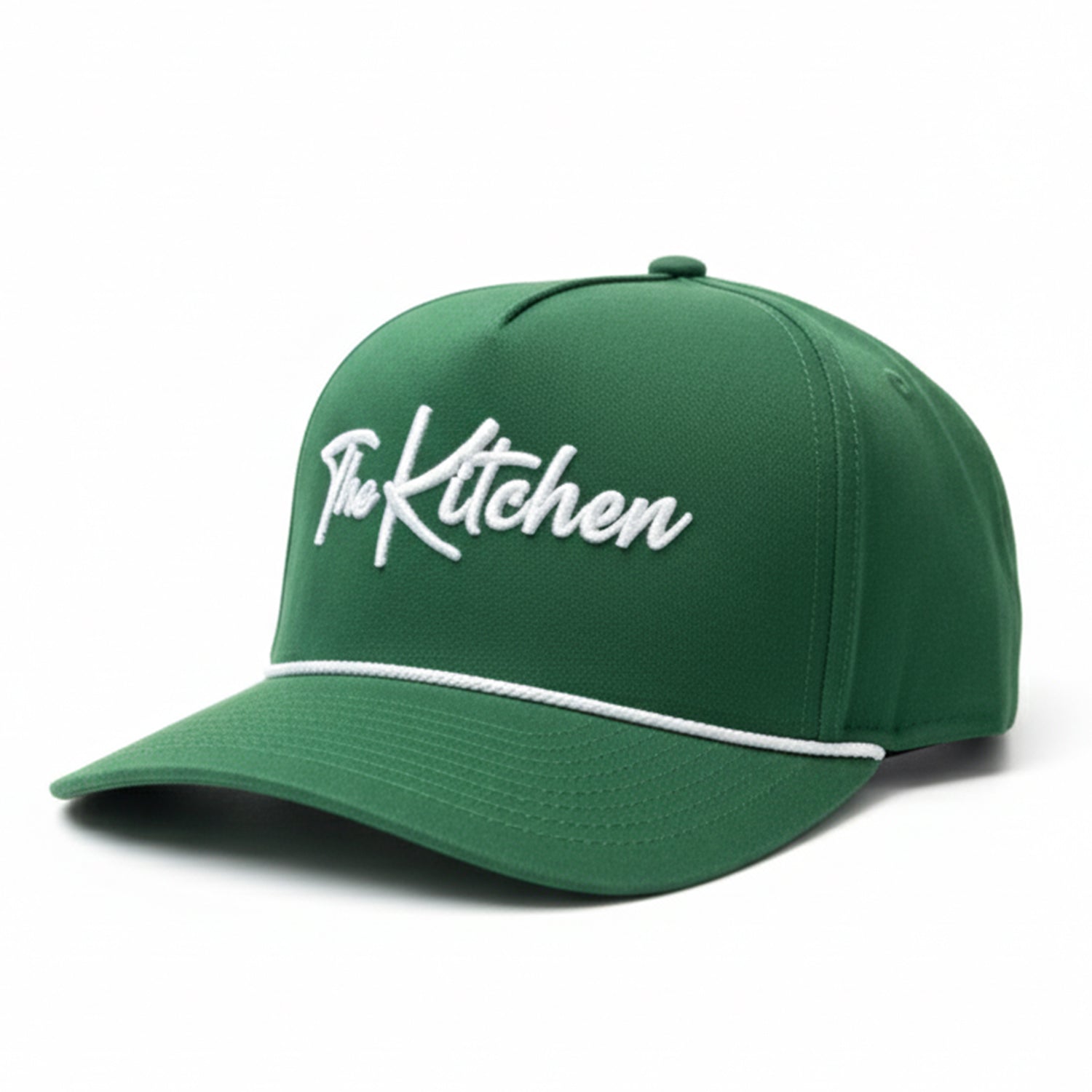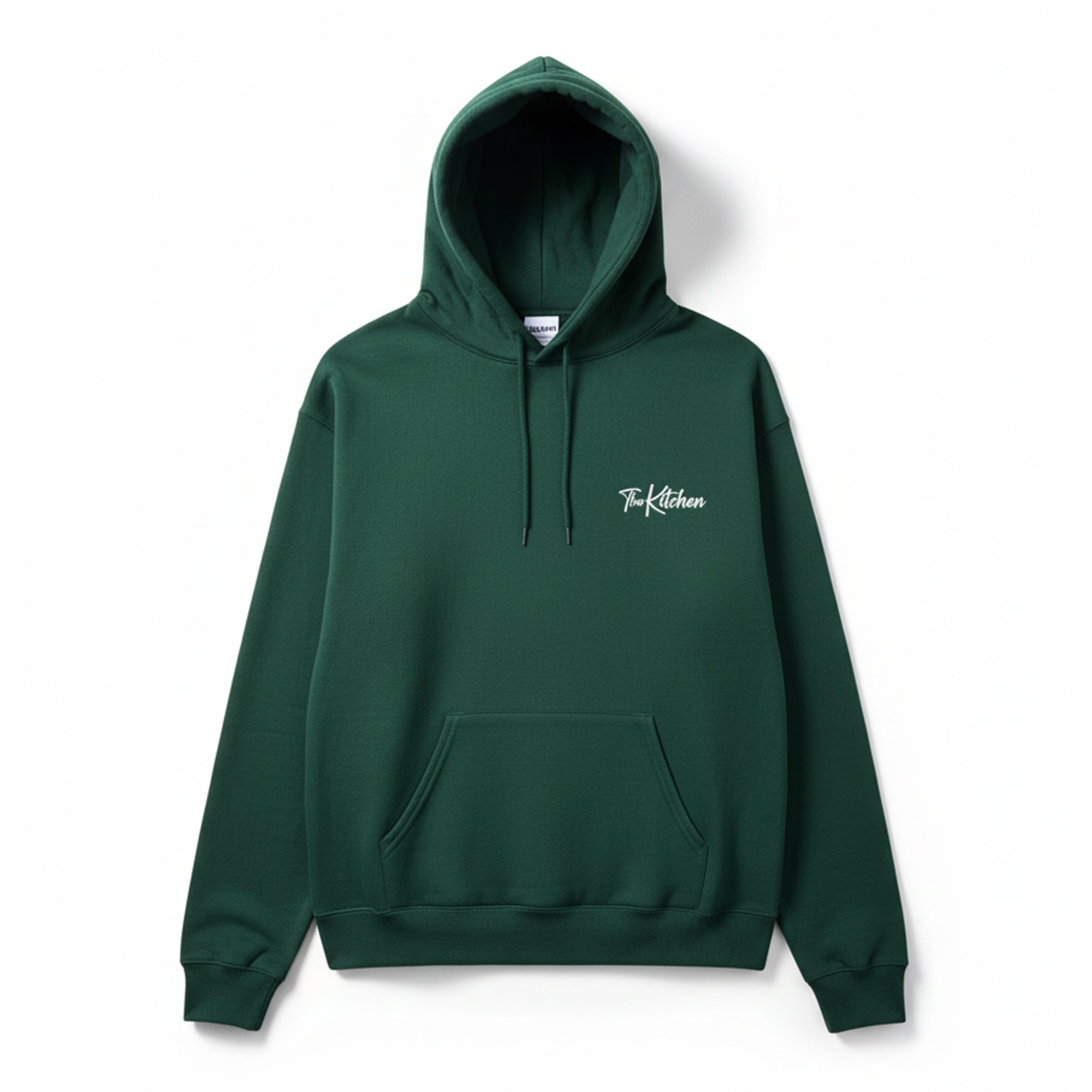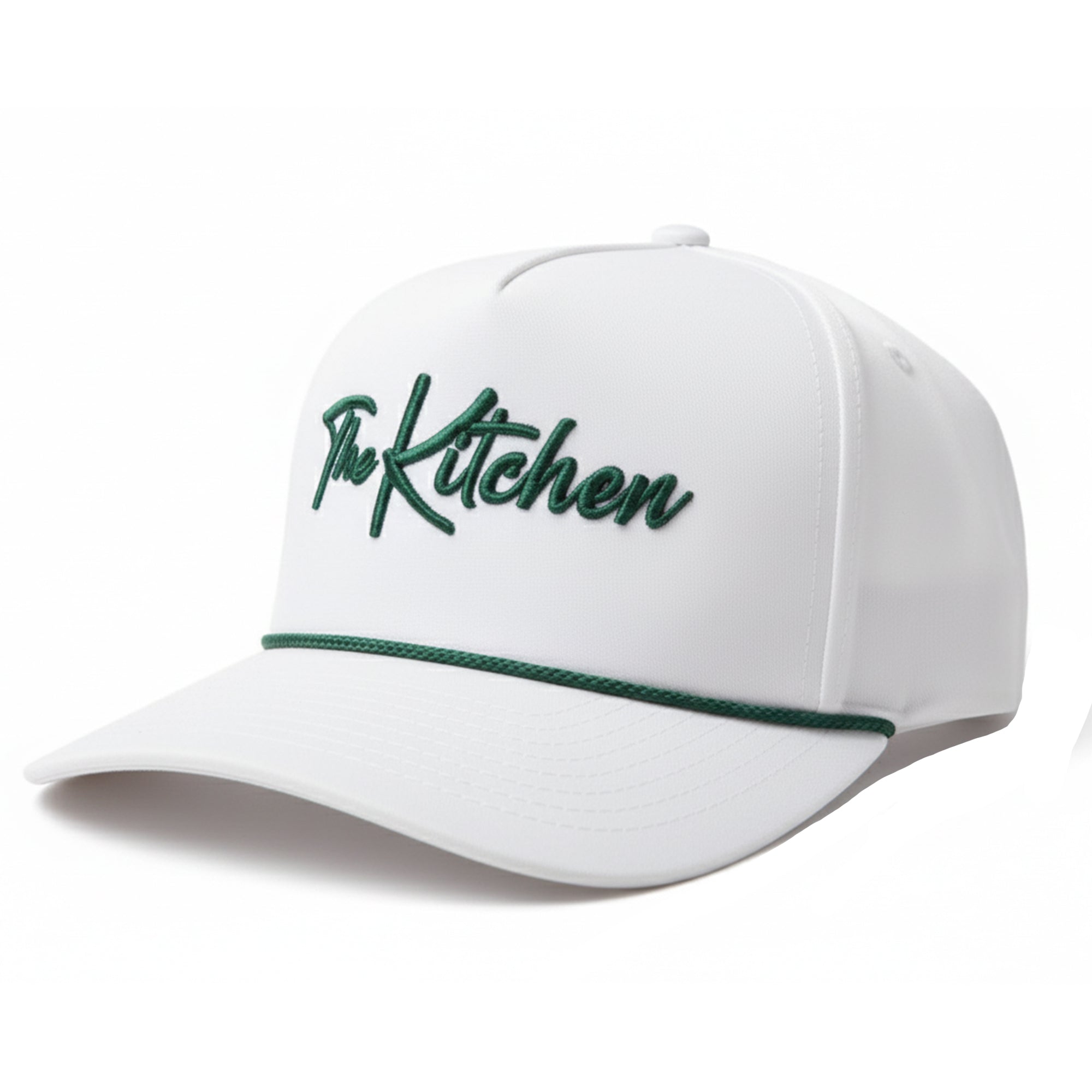Blocks vs. Counters in Pickleball: Scenarios for Each
Last Edited
Jan 20 2025
Category
Instruction
The ability to effectively respond to aggressive shots from the kitchen line can significantly influence the outcome of a game.
Understanding when to use a block shot versus a counter shot is crucial for controlling the pace and direction of play.
Here’s a comprehensive guide to help you make the right choice in different scenarios, courtesy of top pro Catherine Parenteau:
When to Use a Counter Shot
Counters are dynamic responses aimed at capitalizing on your positioning and the ball’s trajectory. Here’s when to employ a counter shot:
High Contact Point: If the speed-up from your opponent hits your paddle at a height above your shoulders, it’s a prime opportunity to counter. A high contact point often gives you an advantageous position, allowing you to execute a powerful and accurate counter shot. This approach helps you utilize your positioning to your benefit and apply pressure on your opponent.
Anticipated Speed-Up: When you’ve anticipated a speed-up and are prepared, use a counter shot to respond with precision. Being ready allows you to react effectively, positioning yourself to take control of the rally and potentially shift momentum in your favor.
Strategic Play: In scenarios where your opponent stays at the baseline and drives the ball aggressively, you might choose to block the ball into the kitchen to draw them closer to the net. However, if you’re looking to challenge their baseline play, a counter shot can exploit their positioning and force them to play more defensively.
When to Use a Block
Blocking is a defensive technique designed to manage powerful shots with control and stability. Here’s when to employ a block:
Net Level or Lower Contact Point: If the ball hits your paddle at or below net level, blocking is the recommended response. A lower contact point indicates that the ball is coming in fast and might drop quickly, making it more effective to block and control the shot rather than risk an aggressive counter.
Caught by Surprise: When you’re surprised by a speed-up, a block helps you manage the unexpected pace with a controlled response. Blocking allows you to handle the ball’s force without overcommitting, keeping the ball in play and maintaining the rally.
Defensive Positioning: If you find yourself in a defensive position and need to stabilize the game, a block can help you regain control. This technique is especially useful when you're not in the ideal position to counter, allowing you to absorb and redirect the ball without committing to an aggressive shot.
Tips for Effective Blocking
To enhance your pickleball block technique, consider the following tips:
Maintain a Loose Grip: Hold your paddle with a relaxed grip, around 2 or 3 out of 10 on a tension scale. A looser grip helps you absorb the ball’s impact more effectively and keeps your control steady.
Angle Up: Position your paddle slightly upwards. This angle helps ensure that your block clears the net and stays in play, preventing the ball from dropping into the net.
Contact Point: Aim to make contact with the ball closer to your body. Blocking is more effective when you’re able to handle the ball nearer to your body, which enhances control and precision.
Use the Paddle as a Cushion: Instead of punching forward, let your paddle absorb the ball’s pace. Think of your paddle as a trampoline that cushions the impact and redirects the ball smoothly.
To learn a drill that helps you practice your blocks and counters, watch the full video from Catherine Parenteau:
Mastering when to block and when to counter is essential for high-level pickleball play.
By understanding these scenarios and implementing the right techniques, you can improve your game, respond effectively to aggressive shots, and maintain control on the court.
Read Next: Pickleball Volley Tips: Mastering the Fast Game
Keep practicing these skills, and you'll find yourself handling speed-ups with confidence and precision.
